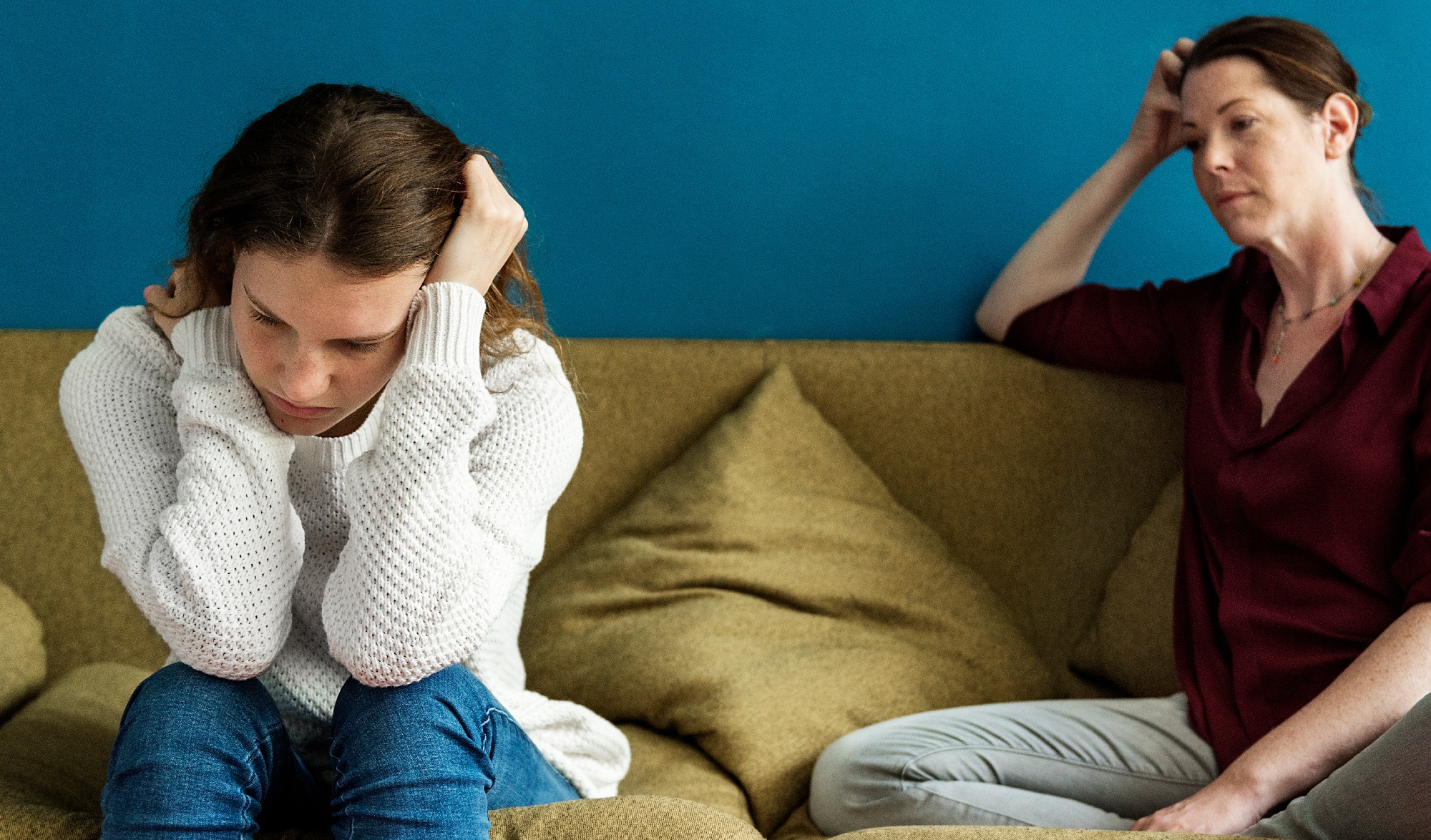Idaho’s Youth Mental Health Crisis and The Role That Deteriorating Relationships and Family Bonds Play
The current generation is facing a mental health crisis, particularly young adults who are struggling to maintain healthy relationships with family and friends. The 2023 Mental State of the World Report from Sapien Labs has highlighted the critical role of social connections in maintaining good mental health. The report shows that young people are three times more likely to have poor relationships with adult family members and twice as likely to lack reliable friends.
The decline in social connections and family bonds is having a profound impact on young people’s well-being, increasing their risk of mental health challenges by ten times compared to those with many close family and friends. Relationships are crucial in maintaining emotional health and overall well-being, as numerous studies have demonstrated.
The deterioration of family relationships and bonds is a growing trend across generations worldwide. Parenting trends that prioritize material comfort and accomplishments over warmth, love, and stability may be contributing to this decline, along with the internet and other factors.
In Sapien Labs’s research, the percentage who reported being close to many members of their family decreased with each younger generation. On average, only 22% of young adults aged 18–24 were close to their families compared to 44% of the oldest generation aged 75+, a two-fold difference. Why does this matter? Research also shows that the risk of mental health challenges in adulthood is four times lower if you have close family relationships.
Understanding the gravity of the youth mental health crisis and the role that deteriorating relationships and family bonds play is crucial. Building and maintaining strong relationships with loved ones, particularly with the younger generation, is essential to improving their well-being and ensuring they have a support system they can rely on.
To address the youth mental health crisis, several essential steps can be taken.
-
Prioritizing relationships by encouraging young people to invest time and effort into building and maintaining healthy relationships with family and friends is crucial. Parents can model positive relationship-building behavior, such as open communication, active listening, and empathy.
-
Limiting screen time and balancing it with in-person interactions and activities can help reduce social isolation and disconnection.
-
Creating a supportive environment by fostering positive coping mechanisms, such as exercise, meditation, and therapy, can also help young people feel safe and supported at home, school, and in their community.
-
Prioritizing mental health as a top priority for everyone and encouraging young people to seek help if they are struggling with their mental health can help ensure they have access to quality mental health care.
The youth mental health crisis in Idaho and across the globe is a complex issue that requires attention and action from all of us. By prioritizing relationships, limiting screen time, fostering a supportive environment, and prioritizing mental health, we can help young people build resilience and thrive despite the challenges they face. Let us come together to create a world where everyone can enjoy good mental health and well-being.
If your child is struggling with their mental health, it may be time to seek support from the Idaho Youth Ranch counseling and therapy team. Learn more about our counseling services.

